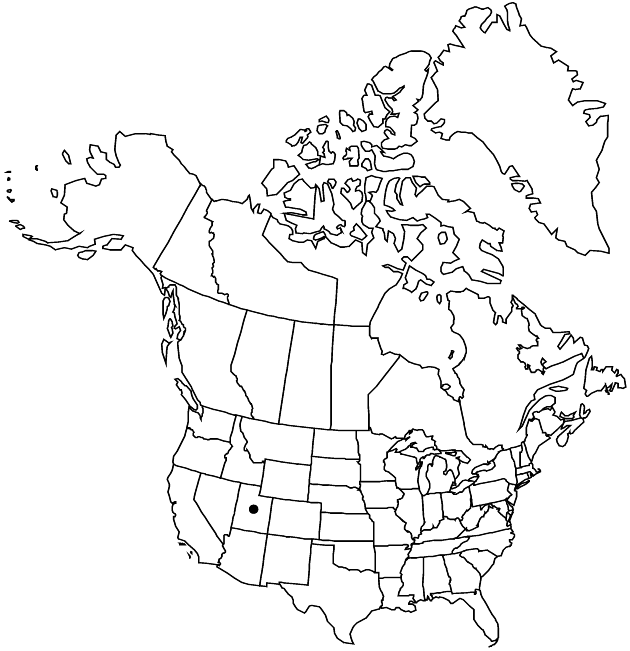Difference between revisions of "Townsendia minima"
Leafl. W. Bot. 1: 206. 1936.
FNA>Volume Importer |
imported>Volume Importer |
||
| (One intermediate revision by the same user not shown) | |||
| Line 6: | Line 6: | ||
|place=1: 206. 1936 | |place=1: 206. 1936 | ||
|year=1936 | |year=1936 | ||
| + | }} | ||
| + | |special_status={{Treatment/ID/Special_status | ||
| + | |code=E | ||
| + | |label=Endemic | ||
| + | }}{{Treatment/ID/Special_status | ||
| + | |code=C | ||
| + | |label=Conservation concern | ||
}} | }} | ||
|basionyms= | |basionyms= | ||
| Line 49: | Line 56: | ||
|publication title=Leafl. W. Bot. | |publication title=Leafl. W. Bot. | ||
|publication year=1936 | |publication year=1936 | ||
| − | |special status= | + | |special status=Endemic;Conservation concern |
| − | |source xml=https:// | + | |source xml=https://bitbucket.org/aafc-mbb/fna-data-curation/src/2e0870ddd59836b60bcf96646a41e87ea5a5943a/coarse_grained_fna_xml/V19-20-21/V20_446.xml |
|tribe=Asteraceae tribe Astereae | |tribe=Asteraceae tribe Astereae | ||
|genus=Townsendia | |genus=Townsendia | ||
Latest revision as of 20:03, 5 November 2020
Perennials, 1–2+ cm (± pulvinate). Stems ± erect; internodes 0.1–1+ mm, ± strigose. Leaves basal and cauline, blades ± spatulate, 5–10(–15+) × 1.5–3+ mm, ± fleshy, faces sparsely strigose or glabrate. Heads ± sessile. Involucres ± campanulate, 6–10 mm diam. Phyllaries 20–28 in 3–4+ series, the longer ± lanceolate, 5–7 mm (l/w = 2.5–5), sometimes glabrate, apices obtuse to acute, abaxial faces usually ± strigillose. Ray florets 8–21; corollas white or pinkish adaxially, laminae 4–8 mm, abaxially usually glabrous, sometimes sparsely glandular-puberulent. Disc florets 20–40+; corollas 3–4 mm. Cypselae 2–3.5 mm, faces hairy, hair tips entire or forked; pappi persistent, 15–30 subulate to setiform scales 3–5 mm. 2n = 27 (apomicts).
Phenology: Flowering Apr–Jun.
Habitat: Rocky slopes, talus
Elevation: 1800–3100 m
Discussion
Of conservation concern.
Selected References
None.
